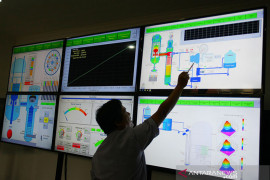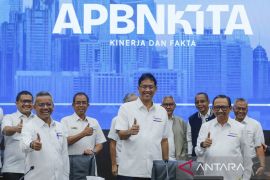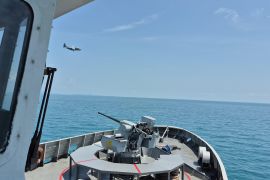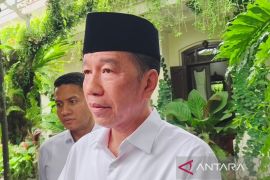"This option can be taken if negotiations with Australasia`s The Petroleum Authority of Thailand Exploration and Production (PTTEP), which operate Montara offshore oil drilling, does not find a way out," Muzhar noted, as quoted by the Head of Advocacy Team for Timor Ferdi Tanoni Sea Pollution to Antara in Kupang, on Tuesday (Dec 18).
He stated that if the conversation was indeed difficult to be realized, of course, there were other options. "Through the option of an open court, an international tribunal option is also possible," he added.
"We are currently submitting a request to the Australian Government to work together to open a mediation with PTTEP Australasia. The court process does not mean that state relations deteriorate, this is one way that can be taken to resolve disputes," he remarked.
Muzhar revealed that he really sought clarification. If two countries had problems in court, it does not mean the relations between the two countries were bad. There is only one effort to resolve if bilateral dialogue does not produce results.
Indonesia, through the Ministry of Environment and Forestry (LHK), had previously sued PTTEP and its affiliates for allegedly polluting waters in East Nusa Tenggara due to the leak of crude oil from the drilling unit at Montara.
The value of the lawsuit filed by the government was Rp27.4 trillion, consisting of two components. The components include environmental damage compensation, worth Rp23 trillion, and costs for the restoration of environmental damage, amounting to Rp.4.4 trillion.
But the lawsuit was withdrawn because there was a revision in the document regarding the value of the lawsuit. For now, the Montara Task Force wants to focus on fulfilling the responsibilities of PTTEP Australasia for oil spill victims.
On that basis, Indonesia asked the Australian Government to take part in the completion of the Montara oil spill case in 2009.
The oil spill lasted for 74 days from Aug 29, 2009, to Nov 3, 2009. The oil waste spread to the Timor Sea, East Nusa Tenggara, and resulted in environmental damage and material losses to communities around the waters.
Unfortunately, even after nine years since the oil leak occurred, the affected people had not received the compensation from PTTEP Australasia. In fact, many economic activities of local communities, such as fishing and seaweed farming, suffered losses due to the incident.
"There are 13 districts in NTT that were affected by oil spill waste. The economic impact was very pronounced. Before the Montara case occurred, the community loss reached Rp10 million to Rp40 million. Now, many people are turning into firewood collectors, and the changes are very drastic," he added.
They are also affected in terms of health. "The affected people suffer from skin diseases due to the pollutant which was spilled into the sea, which also has an impact on the sea of "NTT," Tanoni noted.
Tanoni assessed that the Australian authorities have the responsibility to regulate the operations of PTTEP Australasia. For this reason, Indonesia invites the Kangaroo Countries to be involved in finding solutions, so that PTTEP Australasia can take full responsibility for the impact felt by the NTT population.
"There must be a certain level of responsibility from the Australian Government, because the company operates in Australia and is registered there. This means that PTTEP Australasia is subject to Australian rules," Muzhar pointed out.
Reporting by Laurensius Molan, Eliswan Azly
Editing by Andi Abdussalam
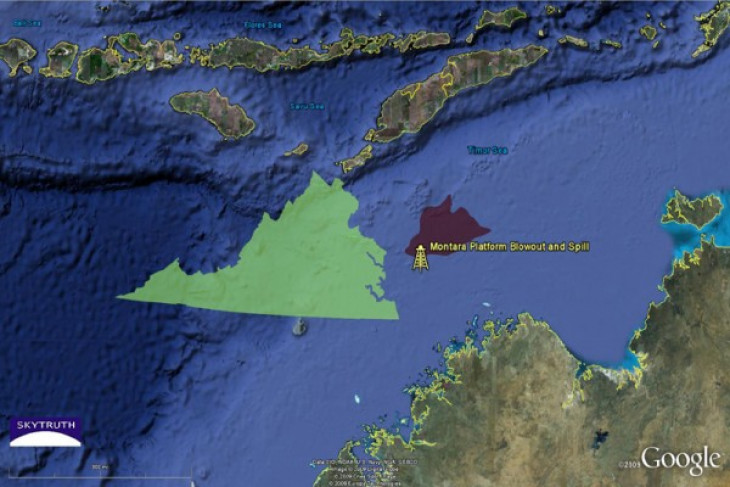
Reporter: Antara
Editor: Yosep Hariyadi
Copyright © ANTARA 2018


